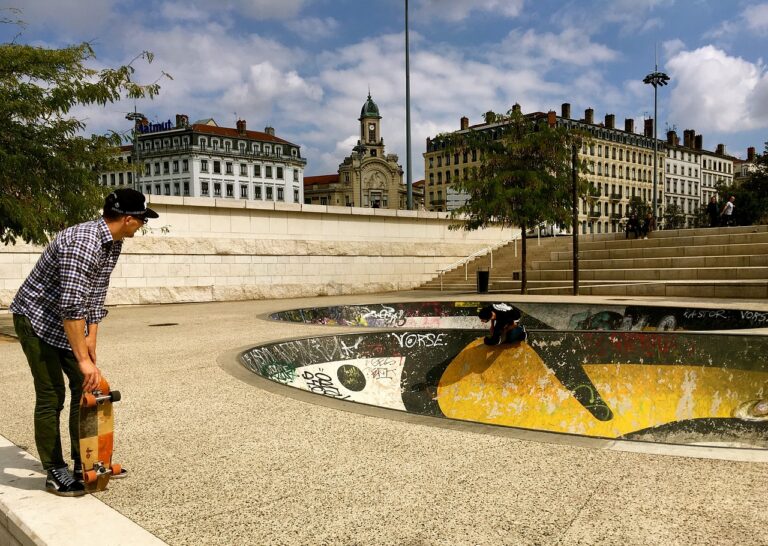Laser247: Cosplay Therapy: Using Costume Play for Self-Expression and Confidence Building
Laser Book, Laser247: Cosplay therapy, a form of therapeutic intervention that incorporates elements of costume play, is gaining recognition for its unique approach to mental health treatment. By merging the creativity and expression inherent in cosplay with traditional therapy techniques, individuals are provided with a novel outlet for exploring and addressing their emotional and psychological challenges. Through the act of embodying a character of their choice, participants can delve into different aspects of their identity, emotions, and experiences in a safe and imaginative environment.
This innovative form of therapy offers individuals the opportunity to step into the shoes of a character they resonate with, allowing them to explore various facets of themselves that may otherwise remain unexplored. The immersive nature of cosplay therapy enables participants to tap into their creativity, enhance their self-awareness, and develop coping mechanisms for managing stress and emotions. Ultimately, cosplay therapy provides a platform for individuals to engage in self-exploration and personal growth through a fun and engaging medium.
History of Costume Play
Costume play, or cosplay, dates back to the early 20th century and has evolved into a popular form of artistic expression and entertainment around the world. The practice of dressing up as fictional characters from comics, movies, anime, and video games can be traced back to the cultural festivals in Japan where participants would don elaborate costumes to embody their beloved characters.
The term “cosplay” was coined by the Japanese reporter Nobuyuki Takahashi in 1984, merging the words “costume” and “play” to describe this unique subculture. Over the years, cosplay has grown into a global phenomenon, with conventions and events dedicated to celebrating the craftsmanship and creativity of cosplayers. The art of costume play continues to gain recognition for its ability to bring people together in a shared love for storytelling and character portrayal.
• Cosplay originated in the early 20th century as a form of artistic expression and entertainment
• Participants dress up as fictional characters from comics, movies, anime, and video games
• Cultural festivals in Japan played a significant role in the development of cosplay
• The term “cosplay” was coined by Japanese reporter Nobuyuki Takahashi in 1984 to describe this unique subculture
• Cosplay has become a global phenomenon with conventions and events dedicated to celebrating cosplayers’ craftsmanship and creativity.
Benefits of Cosplay Therapy
Cosplay therapy offers a plethora of benefits to individuals who engage in this creative form of self-expression. By immersing oneself in the persona of a character, individuals can experience a sense of escapism from the stresses and pressures of daily life. This temporary break from reality allows for a mental reset, offering a refreshing perspective on one’s own challenges and emotions.
Moreover, cosplay therapy fosters a strong sense of community and belonging among enthusiasts. Through shared interests and creative collaborations, individuals can develop meaningful connections with like-minded individuals. This sense of camaraderie not only provides a support system but also cultivates a space where individuals can freely express themselves without judgment.
How can cosplay therapy benefit individuals?
Cosplay therapy can benefit individuals by providing an outlet for creativity, self-expression, and stress relief. It can also promote social connection and a sense of community among participants.
Is cosplay therapy only for individuals interested in cosplay?
No, cosplay therapy can be beneficial for anyone, even those who may not have a prior interest in cosplay. It can be a fun and engaging way to explore different aspects of one’s personality and emotions.
Can cosplay therapy be used as a form of self-care?
Yes, cosplay therapy can be used as a form of self-care as it allows individuals to engage in activities that bring them joy and fulfillment. It can also serve as a form of escapism and relaxation.
Are there any potential drawbacks to cosplay therapy?
While cosplay therapy can have numerous benefits, it may not be suitable for everyone. Some individuals may feel self-conscious or uncomfortable dressing up in costumes, and it is important to approach cosplay therapy with an open mind and willingness to participate.







